John Mitchell: 5 things every band needs to know before they go in the studio
Enter Shikari and You Me At Six producer's studio survival guide

Introduction
John Mitchell's CV is as varied as it is impressive. As a producer and engineer at Reading's Outhouse Studios, he's worked with the likes of Enter Shikari, You Me At Six, Lower Than Atlantis, Funeral For A Friend and My Passion, while for some, he's best known for playing stints with the resurfaced It Bites, Frost*, Martin Barre and A.
John's current diversion is his solo project, dubbed Lonely Robot, which he describes as “ambient progressive pop”. His debut album, Please Come Home, is awash with guests, including Nik Kershaw, Marillion's Steve Hogarth and Go West's Peter Cox, with a story narrated by actor Lee Ingleby. It's a bold concept, especially for a first solo album.
“The idea is to convey my love of film soundtracks through the medium of slightly progressive ambient rock music,” John explains. “It’s also my first actual solo album, so I guess that came as part and parcel of the idea. The intention is to do a series of albums under the moniker, so the actual subject matter will be wide and varied.”
Now readying the project's first live gig at London's Scala on December 20, John has put together an all-star band, including Steven Wilson drummer Craig Blundell. And in line with the album's grand scope, he has big ideas.
“I have quite an ambitious plan for the live shows; I’m thinking Pink Floyd on a Blue Peter budget!” he laughs. “Audiences can expect to hear the entire record and some new songs, plus, hopefully, some enticing visual experiences.”
Onstage visuals, concept album narratives, special guests… it's all a long way from John's humble recording and playing origins.
“I started out by messing about in my bedroom at my parents’ house with a four-track tape recorder, desperately trying to recreate Iron Maiden with a cinematic quality,” he recalls. “It’s taken many years, but I finally feel I am recapturing that initial wonderment.”
With such a formidable clientele list, we're inclined to agree. On the following pages, John shares his top five tips for bands recording in a studio.
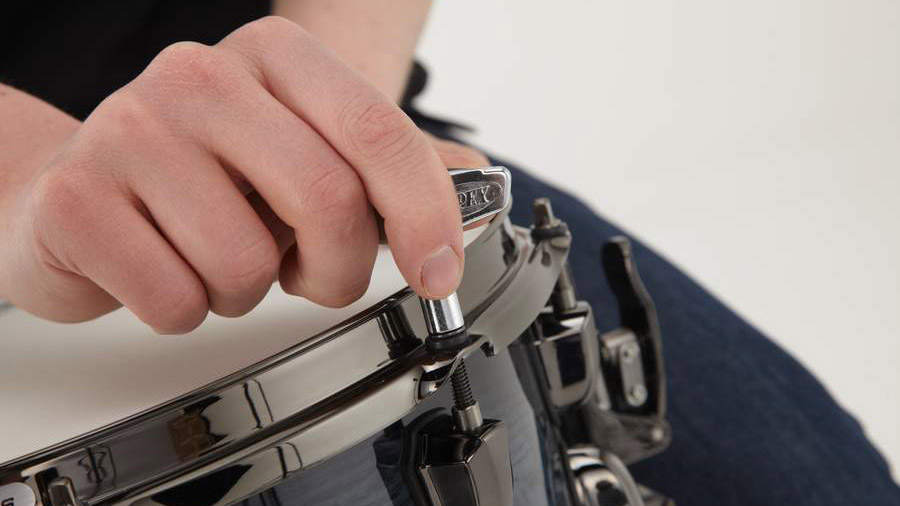
1. Get it right at the source
“Never settle for a half-baked sound and figure that you can live with it and tweak it later. Imagine how bad Bohemian Rhapsody would have sounded if Queen had approached it with that ethos! The great thing about that particular song is that you can literally throw the faders up and it sounds great off the bat.
“Particular attention needs to be paid to drums. Don’t even put a mic near a drum until the kit has been decently tuned. Do not think Mr Steven Slate is going to save your life further down the line.”
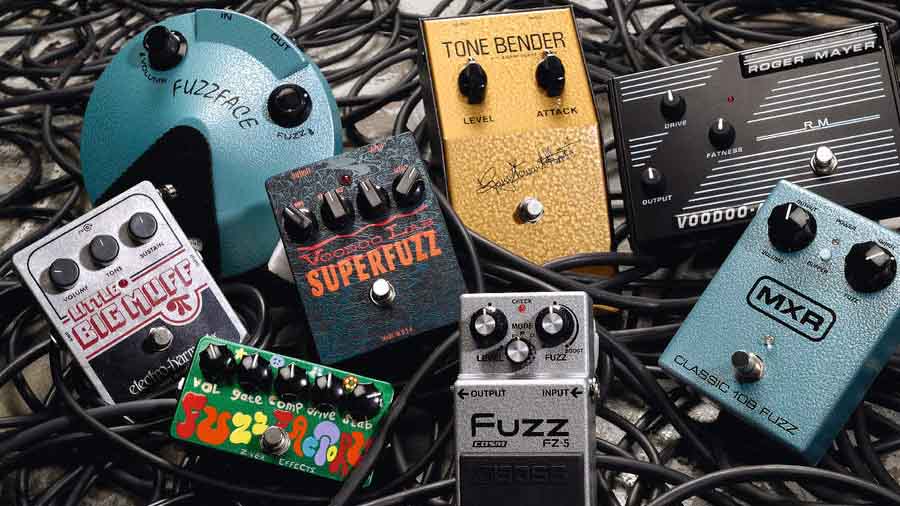
2. Keep your signal path minimal
“Every effects pedal that you have in a chain degrades the signal and, indeed, tone. Only plug in what you need. In an ideal world, guitar to lead, lead to amp, amp to mic, mic to preamp and so on.”
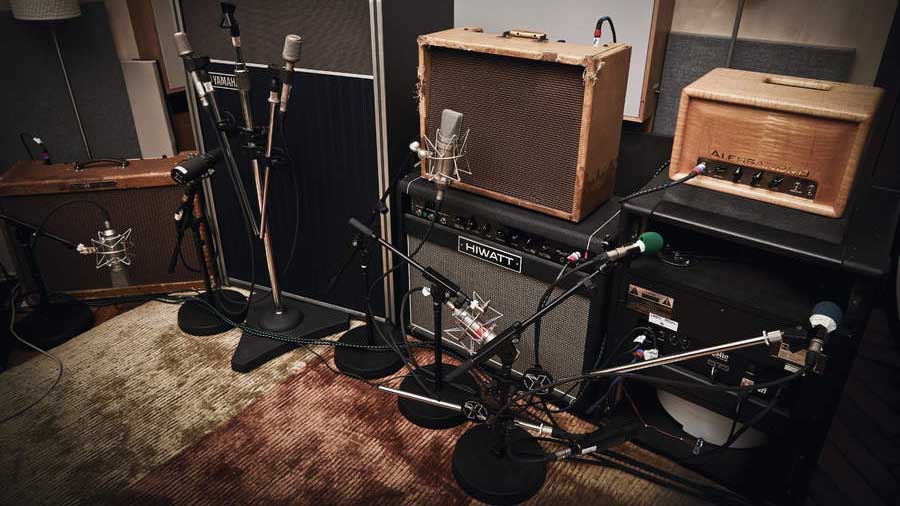
3. Don't over-mic
“Stop with the crazy amount of mics! I’ve mixed sessions with four mics on a guitar cab. Why?! More often than not, no two mics are in phase with each other and all compromise the others' positions.
“In my world, it starts with a single SM57 near the centre of the cone, which gets shifted around until I find the sweet spot.”
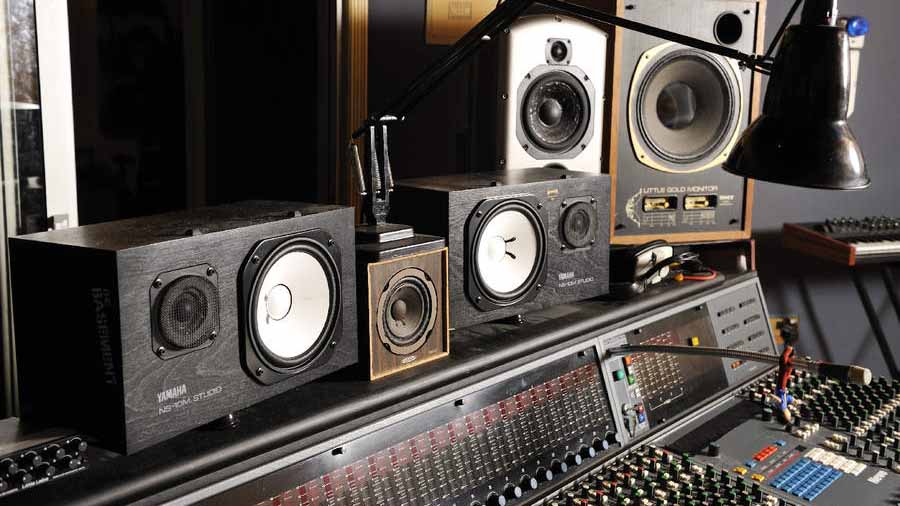
4. Don't give in to loudness
“What's this obsession with loud? If you’re in a band and you’re happy with the way a mix sounds, don’t then ruin it by telling the mix/mastering engineer to smash it into the limiter so hard that the cymbals sound like crisp packets, just so it’s as ear piercing as the last [insert band name here] album.
“No-one cared about that nonsense until the 1990s and it’s a silly habit to get out of right now.”
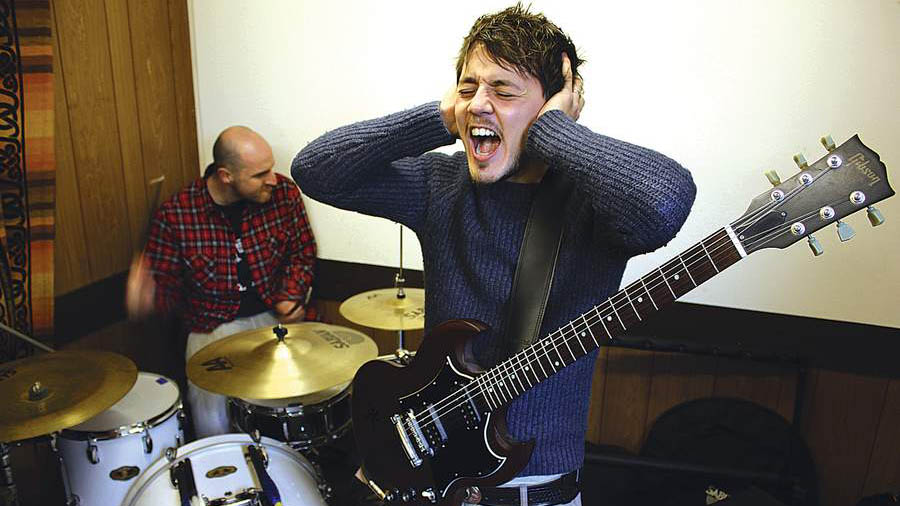
5. Keep it achievable
“If you can’t play or sing it in the studio, then chances are you definitely won’t be able to do it live, so let’s stop with the myth creation.
“If you’re a baritone, stop trying to sing a top C, and if you really can’t play 16 notes on the kick drum at 180bpm then definitely don’t ask the engineer to MIDI program them in so you seem like Johnny Clever Clogs. You’re only going to come unstuck further down the line. It’s not big and it’s not clever!”

Mike is Editor-in-Chief of GuitarWorld.com, in addition to being an offset fiend and recovering pedal addict. He has a master's degree in journalism, and has spent the past decade writing and editing for guitar publications including MusicRadar, Total Guitar and Guitarist, as well as a decade-and-a-half performing in bands of variable genre (and quality). In his free time, you'll find him making progressive instrumental rock under the nom de plume Maebe.









